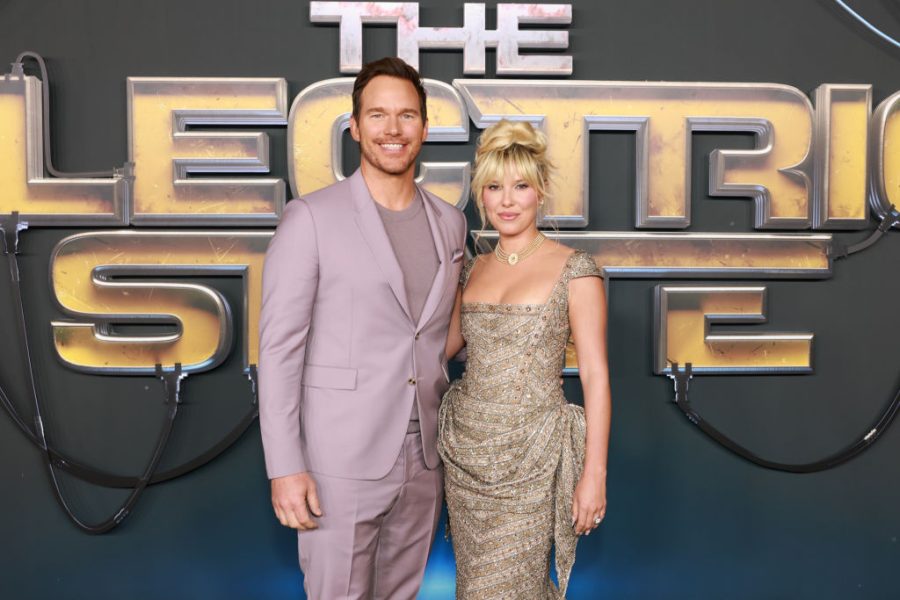For those people with a therapeutic bent of mind, the phrase ‘good enough’ has an almost magical power. It says: don’t beat yourself up because your child isn’t a straight-A student, your marriage isn’t the best thing since Ted Turner and Jane Fonda, and your sobriety is patchy. Sure, you hit your kid – but you didn’t stab them. Sure, you hate your husband – but you haven’t plotted with a stranger to have him killed. Sure, you’re depressed – but you got up this morning and went to work like any other normie. All these instances of your fallibility are opportunities for growth. As they say in twelve-step programmes, it’s ‘progress not perfection’.
‘Good enough’, though, as a mantra, isn’t what we look for in the arts. What we look for there is the flash of genius – the chance to see someone else performing in whatever medium in a way that causes us awe and excitement. We can all be ‘good enough’: we hope that the creators of literature and film and painting and music, just a few of them, will show the rest of us what it is to be excellent.
A 40 per cent rating on Rotten Tomatoes is the sweet spot
And so to The Electric State, a science-fiction comedy family adventure film on Netflix starring Millie Bobby Brown and Chris Pratt. It cost $320 million (£248 million), which is perilously close to being serious money. It’s described as one of the most expensive films ever made. And it has, at once, flopped and not flopped. It has flopped in the eyes of the critics, who seem to be of one mind. ‘A turgid eyesore’; ‘top-dollar tedium’; ‘slick but dismally soulless’; ‘obvious, garish, and just plain dumb’; ‘the most banal way you can spend $320 million’; ‘an artistically neutered, sanitised boondoggle’; ‘generic, seen-it-all-before story’… many other similarly worded tributes have been applied to it. It sucks, evidently.
But here’s the thing: its creators are crying all the way to the bank. As the BBC headlined their report on it, capturing the situation perfectly, ‘Netflix’s $320m sci-fi blockbuster is “soulless”, “dumb” and a hit’. The moment the film was released, it went to number one on Netflix. The comparator its makers are hoping it will surpass is Netflix’s previous most popular movie, the incredibly forgettable thriller Red Notice, which garnered a reported 231 million views. The lameness, the slickness, obviousness, the dismal soullessness, the neutering and sanitising, the generic, seen-it-all-before-ness…These things are, as might be said, a feature and not a bug.
It seems to me to be a bellwether; a useful moment in recognising that what we want from art in the age of streaming isn’t what we flatter ourselves and think we want from it. We think we want great: in fact, as the metrics show, we want ‘good enough’. The algorithm doesn’t lie. We’ve always had art that seeks to appeal to the lowest common denominator. We’ve always had trash. But never has the data available to the makers of that art allowed it to be calibrated so precisely to the appetites of its audience of lazy schlubs: just bland enough to appeal to the widest possible demographic; just generic enough to kindle the interest of people who like that sort of thing; just intriguing enough to prevent you from turning it off.
I don’t write this, by the way, from a position of high-art snobbery. I’m as susceptible to ‘good enough’ as anyone else. Possibly more. Over the last year it has been my habit, once the children are down, to settle into bed and watch some nonsense on Netflix or Amazon Prime on my mobile phone. The Recruit. The Diplomat. The Night Agent. Departure. Any number of straight-to-streaming action thrillers, such that the algorithm now serves me whole categories such as ‘female assassins’ or ‘techno-conspiracies’.
I’ve been watching Reacher recently and – it being very marginally better than any of the aforementioned – feel like I should be wearing white tie to watch it. I find I actively prefer the utterly forgettable brain-rot. A 40 per cent rating on Rotten Tomatoes is the sweet spot. If its Wikipedia page suggests a series I’m considering was nominated for an award, I tend to ditch it in favour of something involving Jason Momoa.
But it is a bit dismaying to realise that the algorithmic calibration of entertainment – in this age in which we have more plentiful and more entertaining entertainment than at any time in human history – is telling us that ‘good enough’ is what the market will most perfectly absorb, and therefore that the generic and forgettable is where the money is going to go. Less and less will we see greatness and originality achieved even by accident. (Raymond Chandler and Dash Hammet, H P Lovecraft, and even Arthur Conan Doyle were writing pulp – but they couldn’t help themselves doing something interesting.)
Netflix and their ilk are giving us pabulum, Soma, or – in the case of the stuff generated by AI – Soylent Green. And our proven appetite for ‘good enough’ is, I suspect, what’s going to help the next generation of AI slop take over the world and kill human creativity for good. Heigh ho. I should confess, by way of full disclosure, that I haven’t watched The Electric State. But, y’know: I almost certainly will.







Comments